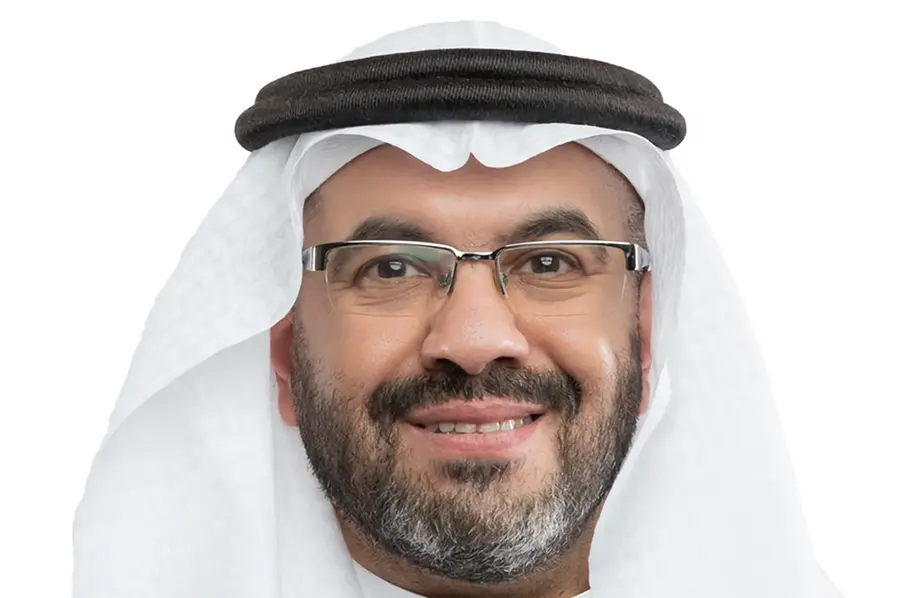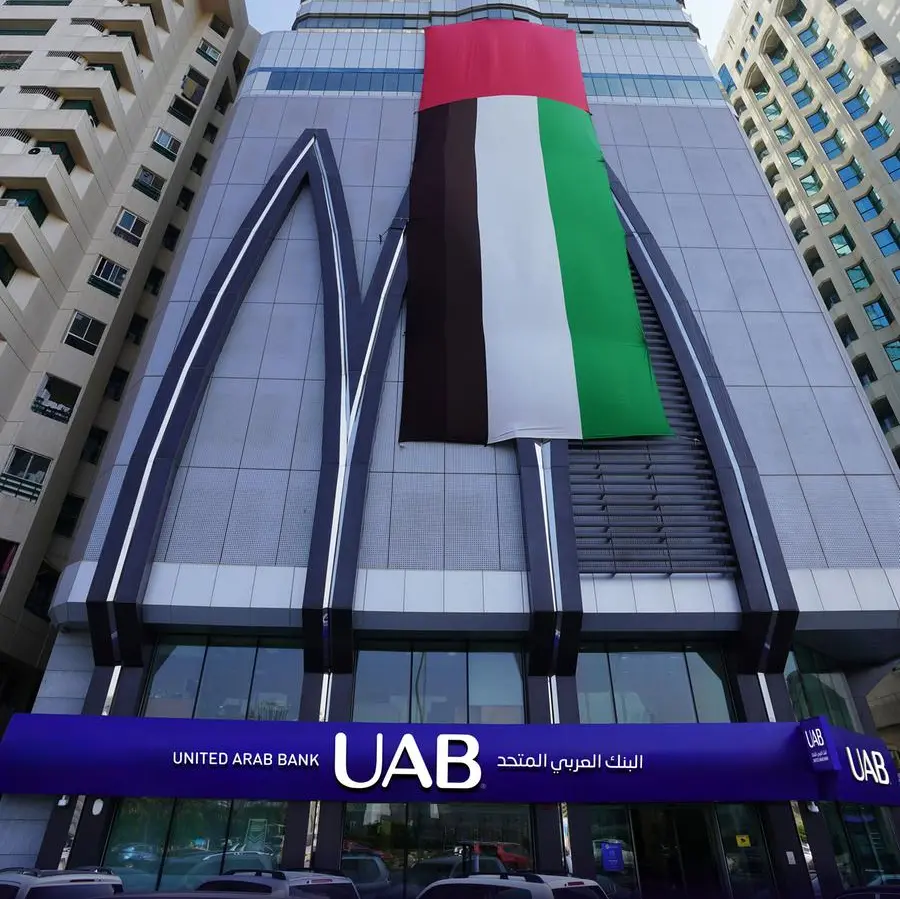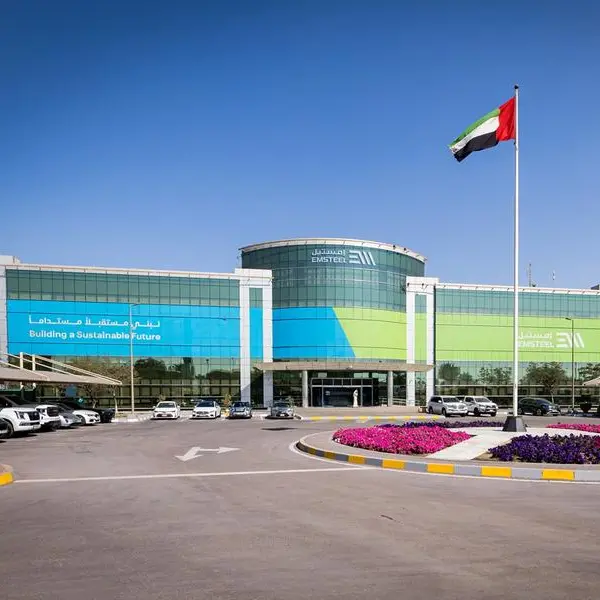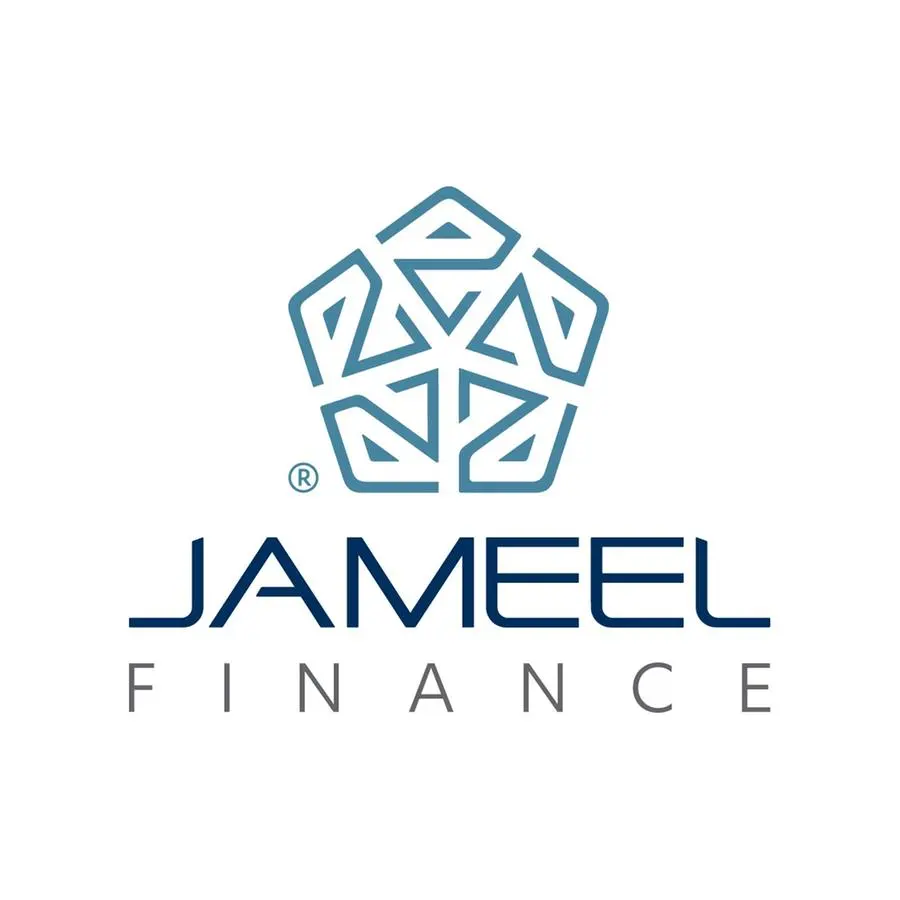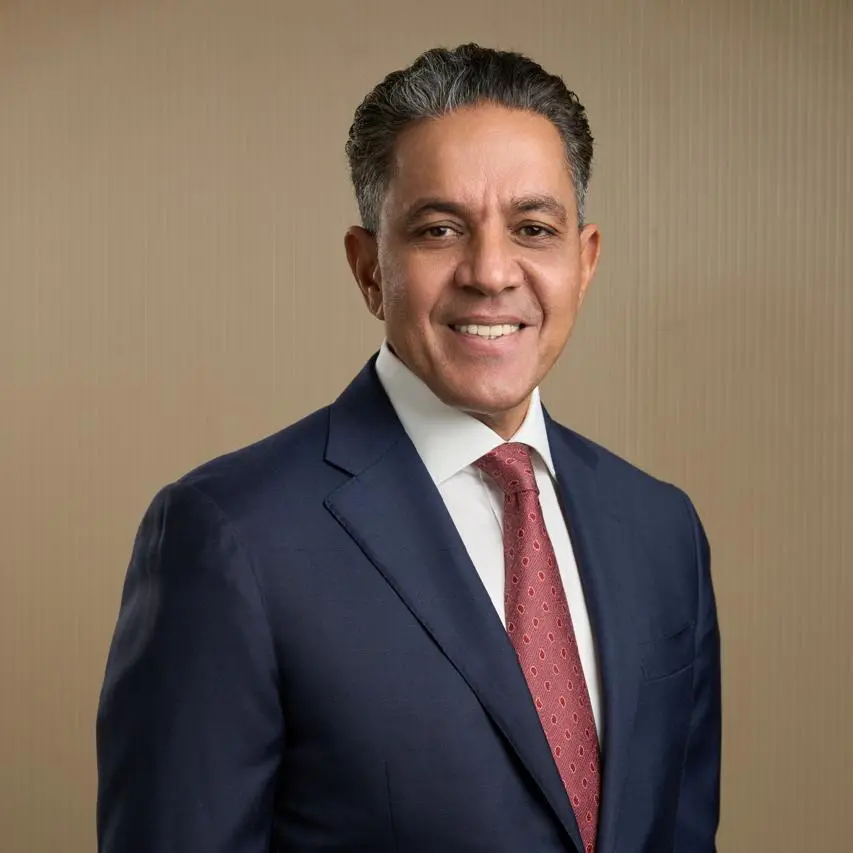PHOTO
Engineer Majid Al-Rifai:
Qualifying 106 companies to implement solar energy projects in homes and facilities in Saudi Arabia is an important step that enhances Saudi Arabia's quest to become a global center for solar energy.
The Saudi Electricity and Water Regulatory Authority recently revealed a list of contractors and consultants qualified by the Saudi Ministry of Energy to design, inspect, install, and maintain small solar PV systems in the small solar PV system for homes and establishments. In their statement, the authority announced the qualification of more than 106 companies To implement small photovoltaic solar energy systems projects for homes and facilities inside Saudi Arabia, after the approval of the Board of Directors of the Water and Electricity Regulatory Authority headed by Prince Abdulaziz Salman Abdulaziz, Minister of Energy and Chairman of the Board of Directors of the Water and Electricity Regulatory Authority, last November. The regulatory framework for energy systems for solar photovoltaic systems is that they should be Small, and their capacity should not exceed 2 megawatts for self-consumption.
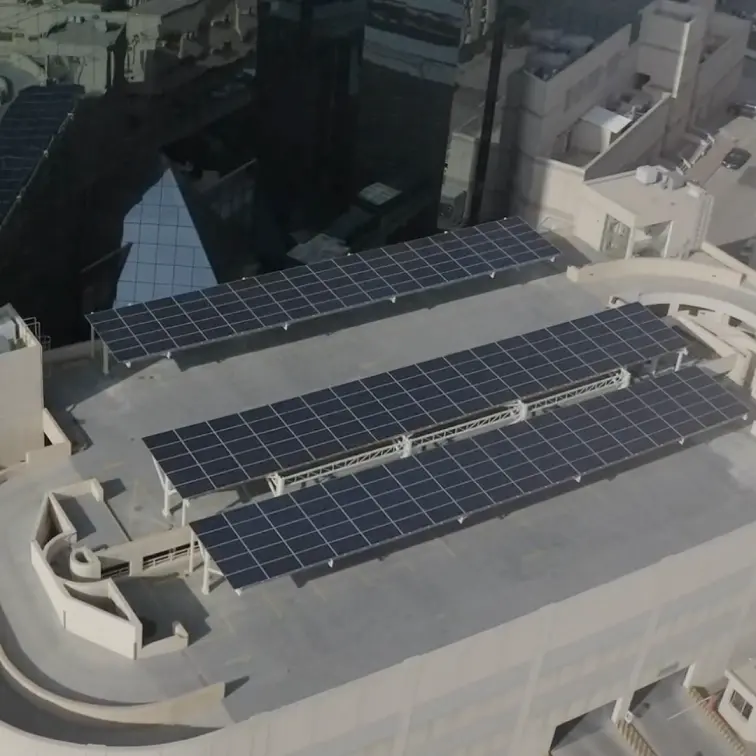

Since the announcement of its national program for renewable energy and its plan to achieve carbon neutrality in 2060, Saudi Arabia sought to generate 50% of its energy from renewable sources by 2030. Its efforts to localize this vital sector and become a global center for solar energy and its technologies during the coming years align with Vision 2030 adopted by Prince Mohammed Salman, Crown Prince and Prime Minister, and the initiatives that fall under it. This includes the promotion of local content and the manufacture of components for the production of alternative energy locally, as Saudi Arabia possesses raw materials, sunlight, land and will, which are the ingredients that qualify it to be in the forefront. According to experts and specialists, this step also represents a new stage to promote solar energy production locally, and support and encourage localization in all fields and specializations as solar energy takes the lead in renewable projects across the Kingdom.
The Authority stated: “Since the approval of the regulatory framework for small PV solar energy systems, the necessary arrangements have been completed to achieve the stipulated requirements and follow up with the concerned authorities and service providers in order to effectively and safely the install small solar PV systems in facilities and to expand the segment of beneficiaries of renewable energy technologies, which will contribute to the diversification of energy sources and achieving the optimal mix for the production of electric energy.”


The Regulatory Authority held many workshops and participated in conferences and exhibitions to raise awareness of the regulatory framework, in addition to publishing awareness and introductory messages on the websites of service providers. This provides information on how to apply for connecting small solar PV systems to the distribution system and answering all inquiries from consumers wishing to Install small PV solar energy systems in their facilities.
According to the authority, those wishing to install small solar PV energy systems in their homes and facilities can visit the “Shamsi” portal provided to the consumer to find out the economic feasibility and estimated costs of installing a solar energy system in a home or facility, before connecting it to the public electrical network, through an easy electronic calculator. The portal helps its users to estimate the expected electrical energy to be generated, based on the size of the system and the location, in addition to helping the consumer calculate the energy saved, the average cost and return, and the amount of savings monthly and annually. The efforts of all government agencies led by the Ministry of Energy are integrated in this project including the Ministry of Municipal, Rural Affairs and Housing, the Ministry of Commerce, the Water and Electricity Regulatory Authority, King Abdullah City for Atomic and Renewable Energy, and the Saudi Standards, Metrology and Quality Organization.
Commenting on this step, Eng. Majid Al-Rifaie, CEO of Desert Technologies Industries said: “The qualification of Saudi companies confirms the development of the Saudi private sector in the field of solar energy.” He added that this decision will raise the demand from individual consumers to establish these stations, especially since the housing sector accounts for more than 50 percent of the market size, in addition to new cities such as “Neom, Qiddiya, the Red Sea, and Sandala”. Desert Technologies is the first Saudi company to manufacture and export solar panels and one of the companies qualified to implement small PV solar energy systems projects for homes and facilities.
He explained that the buildings sector in the Kingdom consumes about 80% of the total electrical energy produced, in addition to that 70% of buildings in Saudi Arabia are not thermally insulated, which contributes to the high volume of consumption. The use of solar energy in homes and commercial buildings is a practical way to reduce electricity bills, help reduce carbon emissions and raise the market value of real estate.
Al-Rifaie stressed: “The future of renewable energy in the Kingdom is promising, and this isn’t new for Saudi Arabia because it possesses the elements of leadership in the field of renewable energy, especially solar energy, whether in terms of production, consumption or purchasing power, or the advanced contracting sector that strengthens its infrastructure.”
Al-Rifaie pointed out that Desert Technologies is ready, with its experience and capabilities, to strongly implement the country's strategy aimed at expanding the use of solar energy in homes and facilities. In this context, Desert Technologies signed many agreements and partnerships with leading local companies to implement many projects in the Kingdom. As well as to build solar power plants on the roofs of residential, commercial, and industrial buildings at competitive prices and global performance in terms of quality and safety, using solar panels that are manufactured according to a fully automated manufacturing process supported by the latest technological equipment in the field of solar panel manufacturing and energy storage solutions from Germany, Austria and America.
Eng. Majed emphasized: “The contribution of Desert Technologies at the level of its industrial and investment arms (Desert Technologies Industries, Desert Technologies Investment, Nurun Digital Energy) will not be limited to investing its knowledge and capabilities in building and managing solar power plants but will also employ its expertise in the field of manufacturing solar panels and solar energy solutions. We are committed to harnessing the expertise and capabilities of Desert Technologies to provide clean energy at competitive prices and reliable services to consumers" With more than 12 years of experience, Desert Technologies has a strong experience in playing its role as a manufacturer, exporter, developer, operator, and investor to implement projects. Whether at the residential, commercial, or industrial level, or large stations at the level of service facilities, small projects outside the network, and large-scale projects, to lead the solar photovoltaic industry to new horizons.
Regarding the benefits of a rooftop solar energy system, Eng. Majed Al-Rifaie said: “The rooftop solar market has witnessed a major shift recently, as it became one of the most sustainable and reliable solar energy generation models, due to the low cost of production when compared to industrial and commercial electricity, and the optimal use of space on the roof. The building, which reduces the need to invest in additional lands in addition to protecting the roof of the building and raising the financial value of residential buildings.
Al-Rifaie expects that the solar panel market in Saudi Arabia will witness a growth at a compound annual rate of 30 percent within the next two years, through the growth of international investments, the transfer of technology to local companies, and the creation of more job opportunities.
